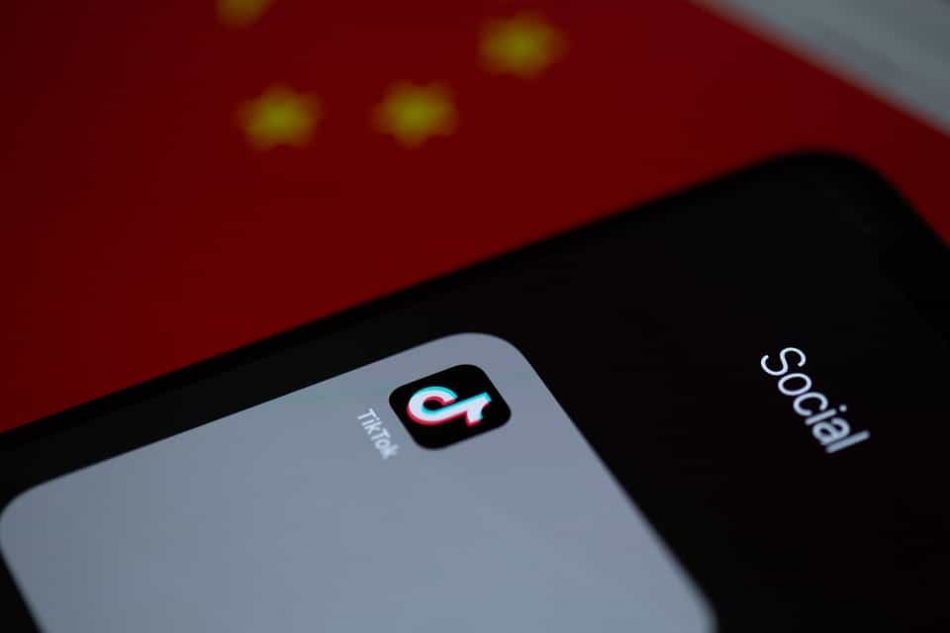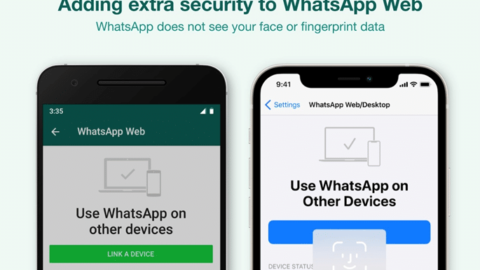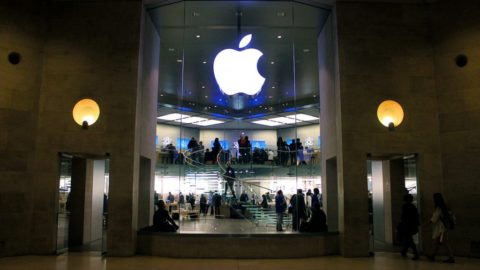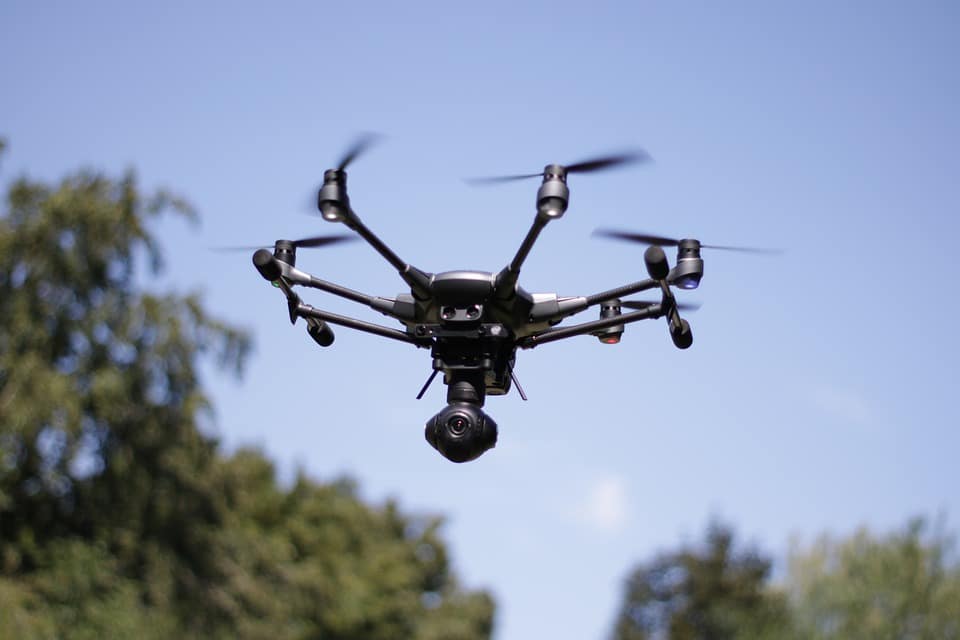
TikTok is taking it up to the U.S. government and has sued the U.S. government over the executive order that was announced to ban any transactions with Bytedance. Adding to the saga of legal battles over user privacy concerns that TikTok has been engaged in globally, the Bytedance owned short form video app has termed the ban as baseless.
The company issued a statement as to why it had to resort to this measure, saying that “the Executive Order issued by the Administration on August 6, 2020 has the potential to strip the rights of that community without any evidence to justify such an extreme action, and without any due process.” It also added that it strongly disagrees with the Administration’s position that TikTok is a national security threat.
Now there are two sides to this story, both of which sound equally compelling. First is the story in the words of the U.S. administration. The country argues that TikTok is a ‘national threat’ to America, not just because of what it is but because of where it is from. The administration fears that the company’s ties with the Chinese Communist Party may put the privacy of millions of Americans at risk, jeopardising the position of America as a technological superpower. While TikTok has argued at multiple times that it will not give away personal user information to Beijing, a cybersecurity law in the country states that technology based companies have to respond to requests made by the government for their users.
While the political landscape of America is partisan to say the least, both parties agree that TikTok is a threat, with even Joe Biden asking his campaign staff to uninstall the app.
Now, TikTok has a different perspective on the whole fiasco. According to Bytedance, TikTok does not have to give away user data at the whims of the CCP due to Kevin Mayer-an American, being the CEO of the company. Moreover, the global chief security officer role is being fulfilled by Roland Cloutier, with Erich Andersen assuming the post of general counsel. Thus, with Americans at its exec ranks, TikTok has no coercion to give away data to Beijing.
Moreover, the company has also erected software barriers that help ensure that app stores its U.S. user data separately from the user data of other ByteDance products. TikTok argues that all these changes were made known to the government in 2017, when it acquired Musical.ly. “As part of that review, Plaintiffs provided voluminous documentation to the U.S. government documenting TikTok’s security practices and made commitments that were more than sufficient to address any conceivable U.S. government privacy or national security concerns,” TikTok says.
Last but definitely not the least, TikTok points out that the Executive order authorizes the prohibition of activities that have not been found to be “an unusual and extraordinary threat,” as required by the International Emergency Economic Powers Act (IEEPA), adding that it violates the due process protections of the Fifth Amendment.
It had also launched an information hub to address “rumours and misinformation” about its platform.
The company also plans to add 10,000 jobs in the U.S. over the coming 3 years, something that will be precluded with the forthcoming ban.
As it stands yet, TikTok has the option to sell its operations to a U.S. based company by 15th September (with Microsoft emerging as a favourable option) or get banned from the country. However, with the announcement of this suite, it’s likely that talks with Microsoft did not pan out well.










